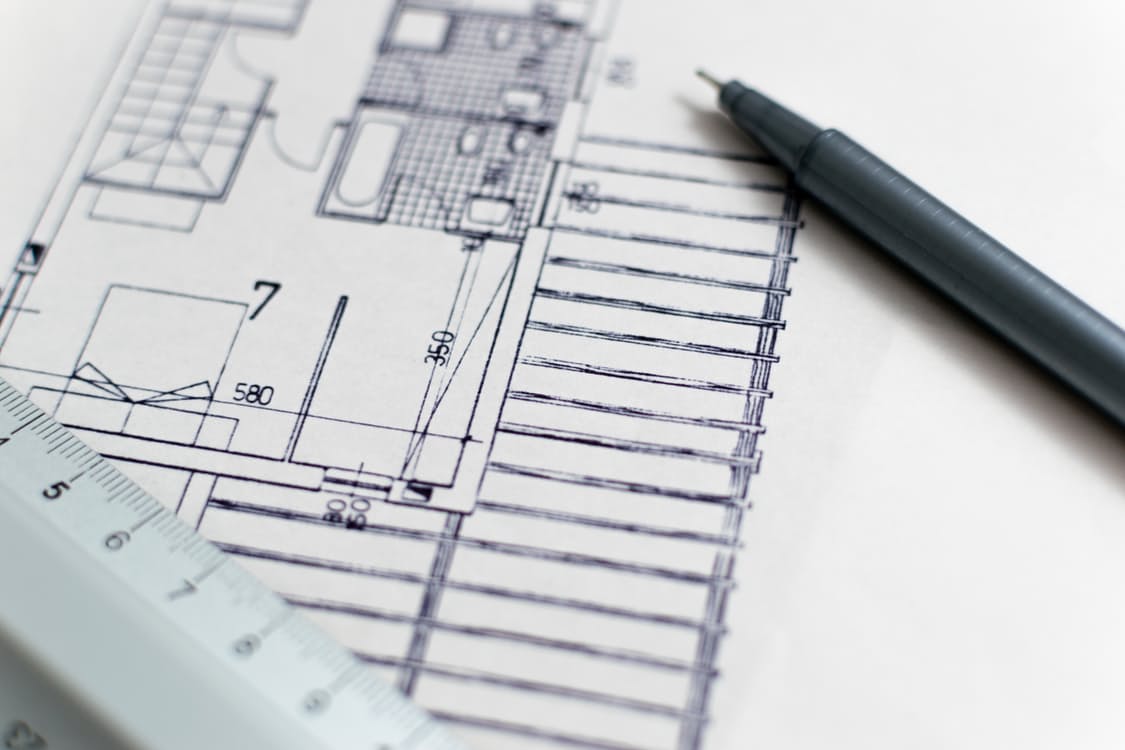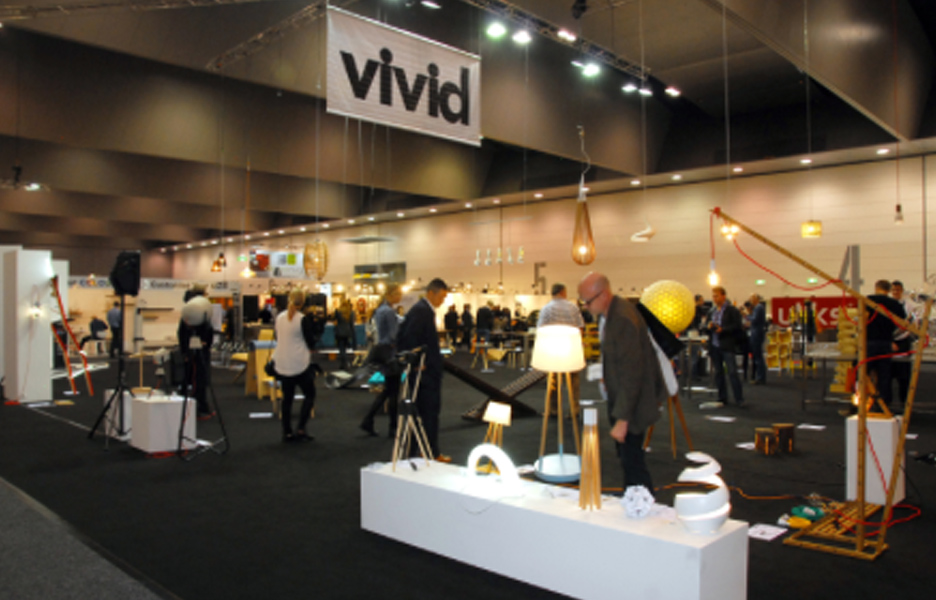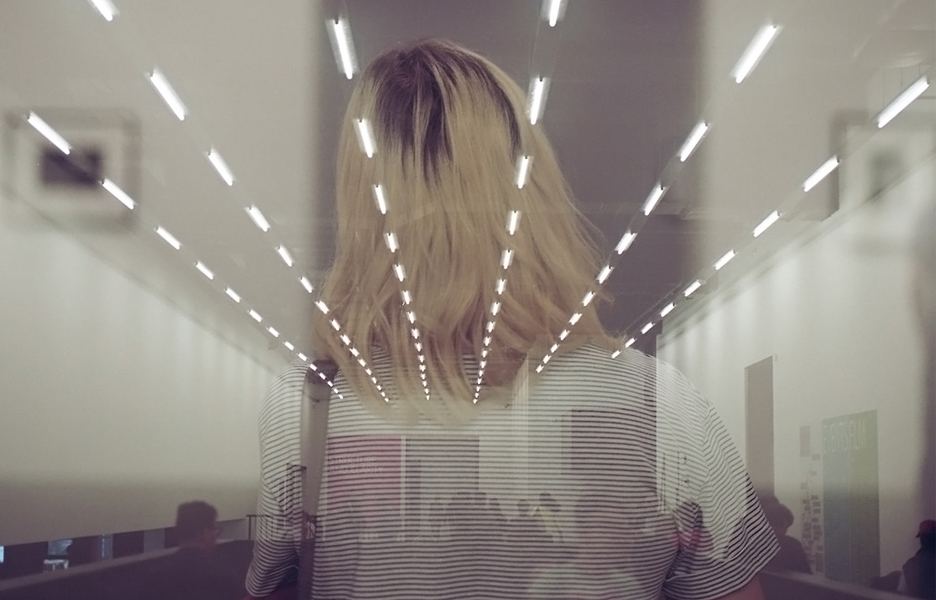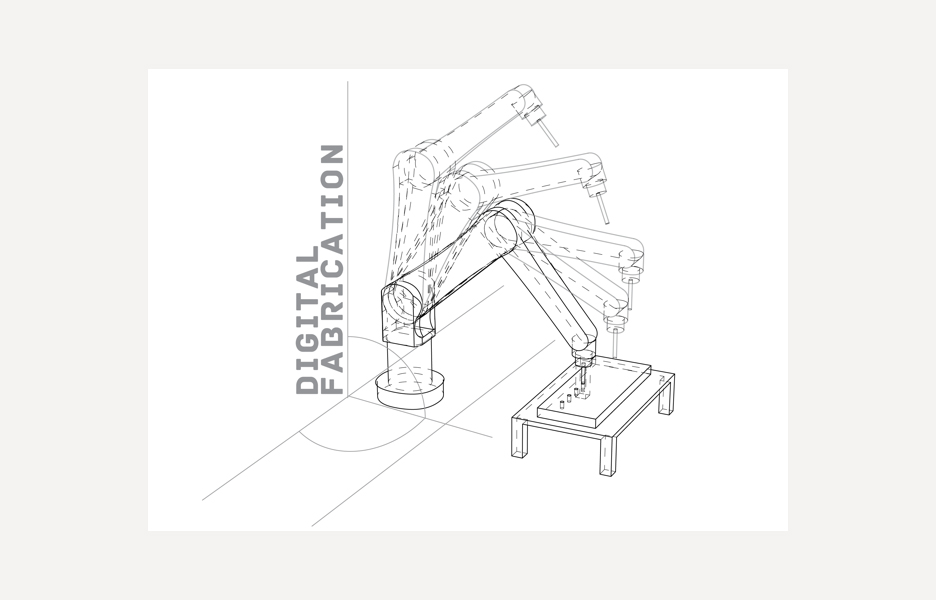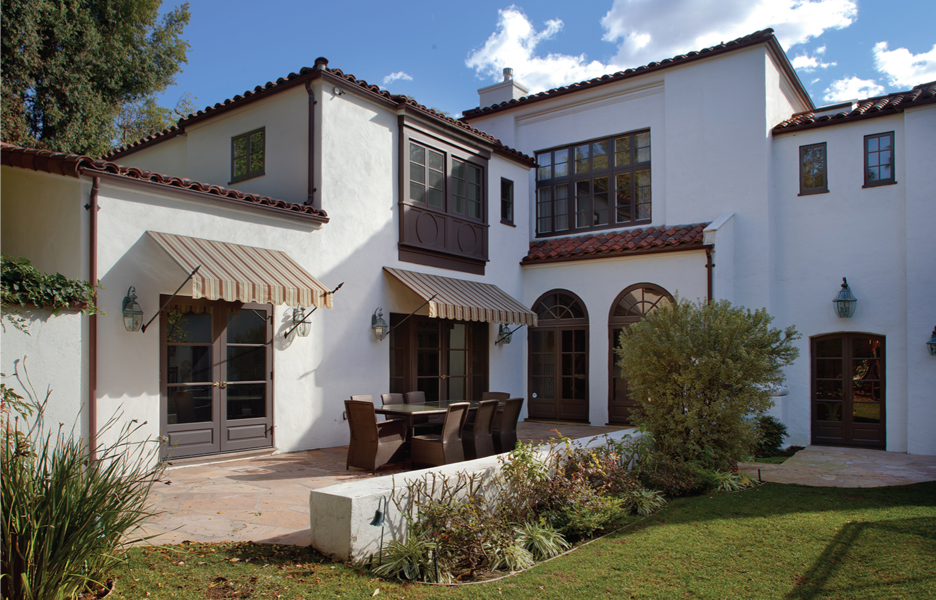
Industry responds to engineered stone ban
Industry responds to engineered stone ban
Share
The Federal Government’s announcement of an Australia-wide ban on engineered stone has garnered mixed responses from businesses affected by the ban.
Just over a year since the Construction, Forestry and Maritime Employees’ Union (CFMEU) launched a campaign pressuring the Federal Government to ban engineered stone – which has caused an epidemic of the often-fatal lung disease silicosis among stonemasons – the Government has announced a blanket ban on the product.
Workplace Relations and Work Health and Safety (WHS) Ministers unanimously agreed to a national ban of the use, supply and manufacture of all engineered stone at a meeting on Wednesday 13 December. The ban will be effective from 1 July 2024 in most states and territories.
Safe Work rules out ‘safe level’ of respirable crystalline silica
Engineered stone was first imported into Australia in the mid to -late 1990s and has since become the major product in the bathroom and kitchen benchtop market, overtaking laminate.
But a prohibition of the popular product has not come as a surprise. Earlier this year, the Government asked Safe Work Australia to scope out what a ban might look like after debate emerged around the existence of a safe percentage of silica content in engineered stone products.
In October 2023, the government statutory agency recommended a prohibition on the use of all engineered stone, irrespective of crystalline silica content. Safe Work said the recommendation aimed to protect thousands of workers from silica dust, which is generated in high levels when cutting, shaping or polishing engineered stone.
According to Safe Work CEO Marie Boland, the vast majority of silicosis cases identified in recent years have been in engineered stone workers.
“Many of these cases are in younger workers who are experiencing faster disease progression and higher mortality,” she says.
“Workplace exposure to respirable crystalline silica has led to an unacceptable increase in the number of cases of silicosis and other silica-related diseases.
“Expert analysis shows that silica dust from engineered stone poses unique hazards and there is no evidence that low silica engineered stone is safe to work with.”
Ministers accepted the findings and recommendation of Safe Work at the 13 December meeting, agreeing there is no scientific evidence for a safe threshold of crystalline silica content in engineered stone.
Key players respond
Major retailers Bunnings, IKEA and Mitre 10 had already announced they would discontinue selling engineered stone in response to Safe Work’s October recommendation, and developers Mirvac and Lendlease and construction group John Holland have similarly backed the ban.
But the engineered stone ban has attracted fierce opposition from some manufacturers.
Caesarstone’s anti-ban campaign
Caesarstone launched a controversial advertising campaign against a blanket ban this year, claiming this “incomplete solution” would put workers at risk.
The global manufacturer of engineered stone says it is “deeply disappointed” that the ministers have chosen to implement a ban on only one type of product containing crystalline silica.
“This decision is based on flawed economic and scientific analysis of the risks of engineered stone compared to all other products, including natural stone substitutes containing higher levels of crystalline silica, with no consideration of current low-silica engineered stone products,” a Caesarstone Australia spokesperson tells Australian Design Review (ADR).
“Most importantly, it fails to address the real cause of rising silicosis rates – poor compliance with and enforcement of safety standards.”
A spokeswoman from fellow manufacturer Cosentino declined to comment on whether the company agreed with the all-out ban. She told ADR Cosentino had engaged with Safe Work and WHS Ministers in 2023 regarding the science of its low-silica products, the need for better enforcement of rules from regulators and alternatives to engineered stone.
Prior to the announcement she said: “We will respect the decision the Work Health and Safety Ministers make on Wednesday and will continue to constructively work with regulators on transition and implementation arrangements, ensuring the risks associated with other stone products are addressed and the definition of engineered stone does not have unintended consequences or perverse outcomes.”
Manufacturers get behind the ban
Other manufacturers and suppliers have come out in support of the ban.
Neolith spokesperson sees Australia’s ban as a “positive shift” in industry regulations. The company manufactures sintered stone products similar to natural stone, but with lower silica levels of between one and nine percent.
“Despite the absence of quartz in our material composition, Neolith is forward-thinking, aiming to eliminate all by-products and introduce new silica-free colour options by 2024,” he says.
Jason Gittany, managing director of stone supplier Gitani Stone, agrees the material should be banned based on his knowledge of the manufacturing process and the Safe Work Australia report.
“They have identified [respirable crystalline silica] as a significant risk and it cuts completely differently from the silica found in natural stone,” he says.
Gittany believes there is not enough testing done on the zero percent silica engineered products to ensure that the workforce isn’t harmed in future.
“Even if they were to create a zero percent silica product, the resins and substitute materials they use to create the product will inherently pose a future risk that is presently unknown, similar to how engineered stone turned out to be a huge problem.”
Supporting the transition
Safe Work Australia has acknowledged the “real and relevant” cost to industry. But Boland says this cannot outweigh the “significant costs” to workers, their families and the broader Australian community that result from exposure to respirable crystalline silica from engineered stone.
Now that a prohibition has been decided, Boland says Safe Work Australia will develop guidance to support affected businesses and workers to understand and prepare for the change.
Phasing out engineered stone
The forthcoming total ban comes with a grace period and a number of exceptions.
The Ministers agreed to exceptions for removal, repair, minor modification and disposal of legacy products installed prior to the prohibition, as well as appropriate exceptions for engineered stone products with trace levels of crystalline silica (under one percent).
They also agreed that Safe Work Australia would develop a national framework that guides arrangements for working with legacy products, which is to be provided to Ministers by the end of February 2024.
Meanwhile, the finer details about a transition period for contracts entered into on or before 13 December 2023 are due to be settled in March 2024 or earlier.
The Ministers encouraged businesses and consumers to avoid entering into contracts from 1 January 2024 for these products that may not be able to be fulfilled.
Editorial note: Neolith is a sponsor of Australian Design Review’s 30UNDER30 program.
Photography supplied by Neolith.

